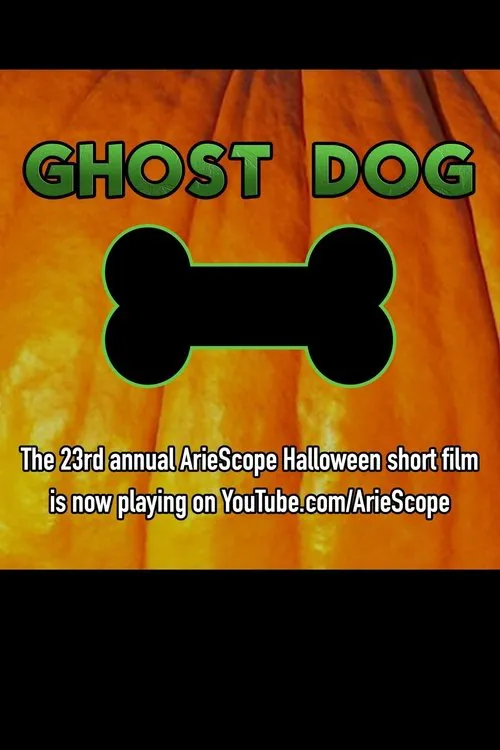Ghost Dog

あらすじ
Ghost Dog: The Way of the Samurai, released in 1999, is an American independent film directed by Jim Jarmusch and written by Jarmusch himself. The film is a modern take on the samurai code of Bushido and blends elements of drama and crime. It tells the tale of a man known as Ghost Dog (played by Forest Whitaker), a hitman operating in New York City's underworld. Ghost Dog follows a strict moral code reminiscent of the Bushido code practiced by the samurai of feudal Japan. This adherence to a rigid set of principles stems from his fascination with Japanese culture and his idolization of the classic samurai film, Lone Wolf and Cub. He views himself as an "honorable" hitman who follows a strict set of rules, dictating his behavior and actions in an otherwise morally ambiguous world. The story is presented in a non-linear fashion, reflecting Ghost Dog's introspective nature and his tendency to think in terms of the Bushido code. As the narrative unfolds, the audience is given glimpses into Ghost Dog's past, revealing his relationship with his dog, which serves as a symbol of his loyalty and connection to nature. Ghost Dog's life begins to unravel when a series of unfortunate events unfold. He is forced to confront the consequences of his actions and the disconnect between his ideals and the harsh realities of his profession. As the stakes escalate, Ghost Dog finds himself caught between his loyalty to his boss, Louie (played by John Tormey), and his growing unease with the moral implications of his work. One of the central themes in Ghost Dog is the tension between tradition and modernity. The protagonist's adoption of Japanese culture and his adherence to the Bushido code serve as a means of escaping the chaos and uncertainty of modern life. However, this attempt to impose order on a seemingly chaotic world ultimately proves futile, highlighting the clash between an idealized past and the harsh realities of the present. Through Ghost Dog's character, the film critiques the notion of honor as a fixed concept, suggesting that it is ultimately a subjective and contextual notion. By juxtaposing Ghost Dog's rigid adherence to the Bushido code with the violence and moral ambiguity of the underworld, the film raises questions about the nature of honor and the moral complexities of human behavior. The cinematography in Ghost Dog is minimalist and evocative, capturing the mood and atmosphere of the character's introspective state. The visual motifs, which include the use of slow motion and long takes, reflect Ghost Dog's contemplative nature and add to the film's dreamlike quality. Overall, Ghost Dog is a thought-provoking exploration of the complexities of human behavior and the tension between tradition and modernity. The film's blend of drama and crime, combined with its themes and visual motifs, make it a unique and captivating watch. By presenting a nuanced portrayal of a complex character, the film challenges the viewer to reevaluate their assumptions about honor and morality in a seemingly chaotic world.
レビュー
おすすめ


